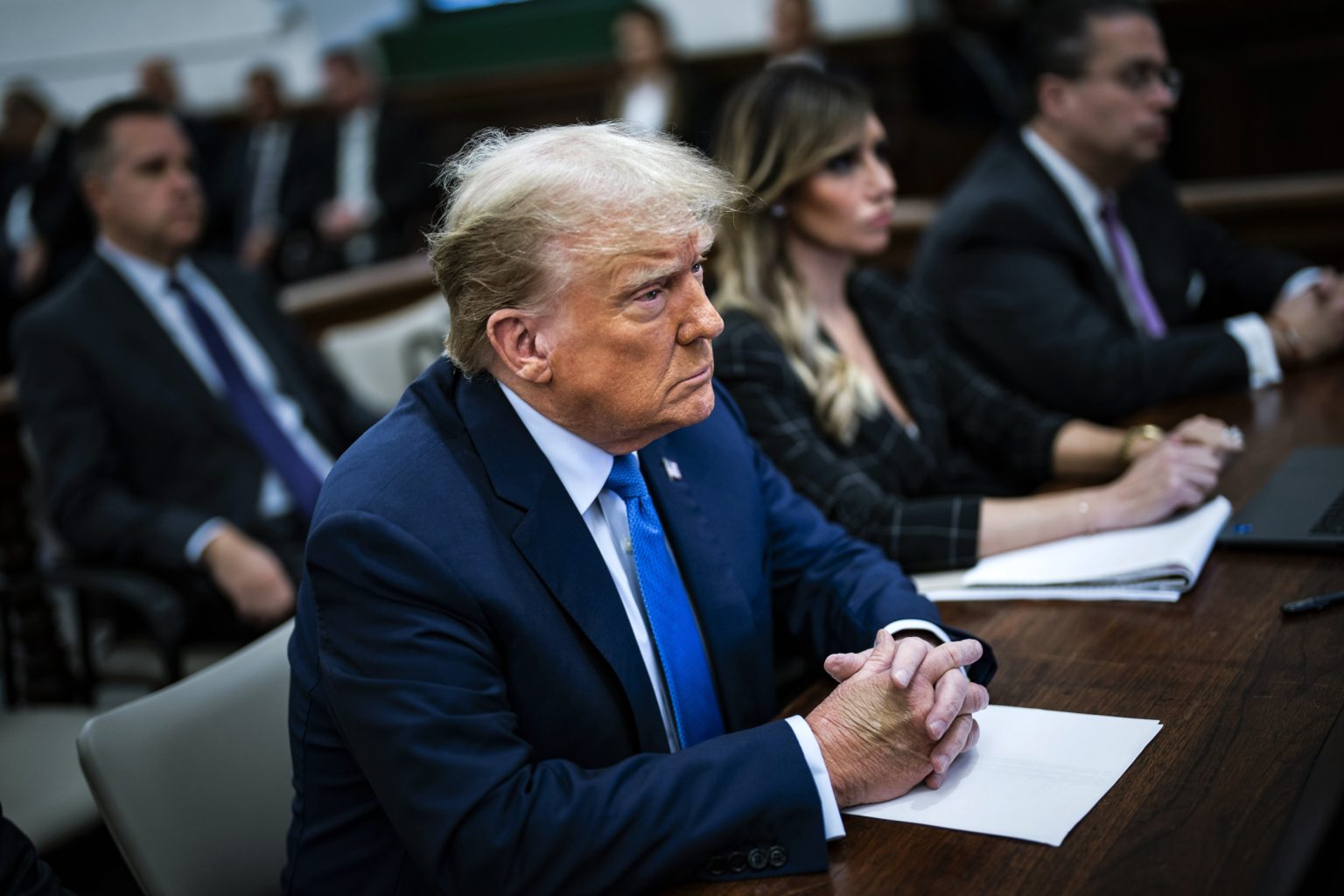Legal analyst Glenn Kirschner has raised concerns about the $175 million bond payment made by former President Donald Trump in order to appeal a civil fraud ruling against him. Trump was found liable for unlawfully inflating the value of his net worth and assets to secure more favorable business deals, leading to a penalty of around $454 million after interest. However, an appeals court ruled that he could pay a lower bond of $175 million to begin his appeal process. The bond was initially rejected due to missing paperwork, including a “current financial statement.” New York Attorney General Letitia James questioned the sufficiency of the bond and noted that the surety backing it, Knight Specialty Insurance Company (KSIC), is not admitted in New York and may not be eligible to obtain a certificate of qualification from the Department of Financial Services (DFS). KSIC has since refiled its paperwork to address these concerns.
Glenn Kirschner, a former assistant U.S. attorney and vocal critic of Trump, suggested in a video on his YouTube page that the bond payment may be on the verge of implosion. He discussed James’ filing requesting more information about the entity backing the bond and highlighted concerns about the sufficiency of the surety. New York Judge Arthur Engoron has scheduled a hearing for April 22 to further examine the bond, which Kirschner believes could bring increased scrutiny and potential problems for Trump. Kirschner detailed reporting on KSIC and its chairman Don Hankey, a billionaire known for providing loans to high-risk individuals and having a history of regulatory issues. This background raises concerns about the legitimacy of the bond and the involvement of Hankey in supporting Trump’s appeal process.
The legal saga surrounding Trump’s bond payment reflects ongoing challenges in his efforts to appeal the civil fraud ruling. The missing paperwork and questions about the sufficiency of the bond raise doubts about the credibility of the financial backing provided by KSIC. The upcoming hearing on April 22 presents an opportunity for further investigation into the bond and scrutiny of its origins. Attorney General Letitia James and Judge Engoron will work to determine whether there are any irregularities or conflicts of interest in the bond process, potentially jeopardizing Trump’s appeal efforts. The involvement of Hankey and the history of KSIC add layers of complexity and potential legal issues to the situation.
As Trump continues to maintain his innocence in the civil fraud case, the bond payment saga underscores the complexities and challenges he faces in appealing the ruling against him. The legal proceedings and scrutiny surrounding the bond payment highlight the potential implications of associations with individuals like Hankey and entities like KSIC. The involvement of the New York Attorney General’s office and the judicial system in examining the bond adds a layer of accountability and oversight to the process. The upcoming hearing on April 22 will be a critical moment in determining the fate of Trump’s appeal and the legitimacy of the bond payment made to initiate the process.
The unfolding events surrounding the bond payment may have significant implications for Trump’s legal and financial future. The questions raised about the surety backing the bond and the sufficiency of the financial backing provided by KSIC could impact the outcome of the appeal process. The involvement of legal analysts, critics like Kirschner, and investigative reporting brings additional scrutiny and attention to the situation. As the legal saga continues to unfold, the fate of Trump’s appeal and the credibility of the bond payment remain uncertain. The upcoming hearing on April 22 will be a key moment in determining the next steps in the legal battle and the potential consequences for Trump and his associates.


